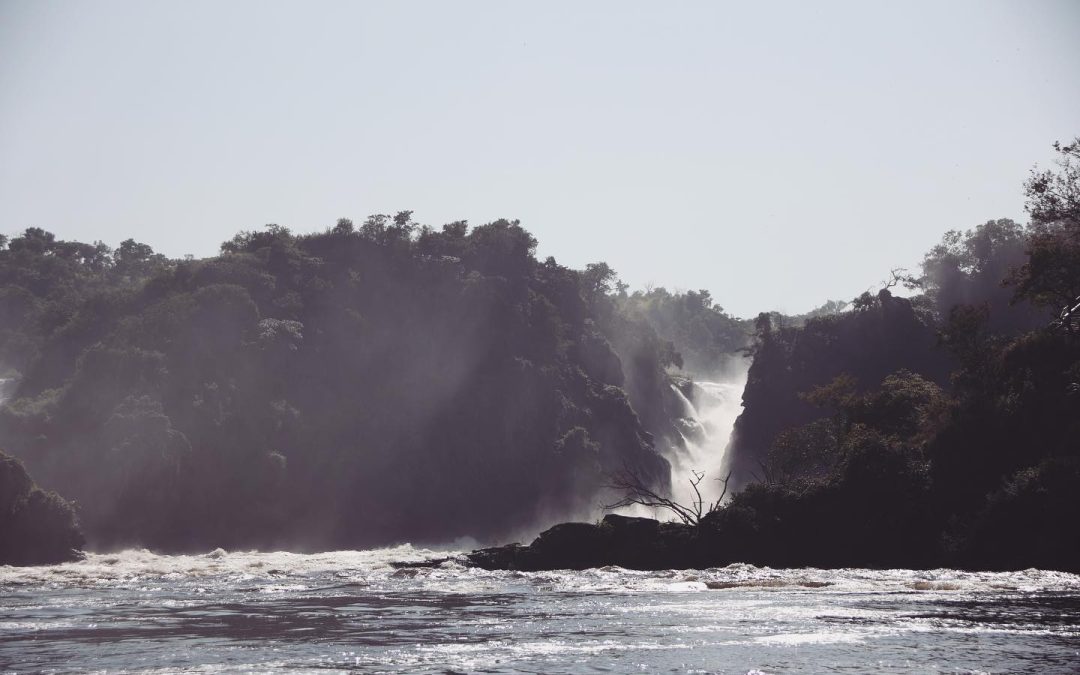She went up the Nile as far as the first crocodile. Our intentions for exploring the Ugandan region along the mighty Nile River were perhaps a bit more ambitious than those of novelist Samuel Butler. After navigating the infamously chaotic traffic in Kampala, we made our way to the very source of the Nile. We are not sure why it took the Royal Geographic Society so many years of Victorian frustration to locate it – we found it in a morning via a pin on iOverlander. It was a grand moment to stand at the exact spot (or at least, at the monument) where John Speke first observed the true origin of the Nile more than 150 years ago where it flows out of Lake Victoria.
These days the adjacent town of Jinja is a bubbling mix of Ugandan craziness and tourist traps. We stocked up with supplies here and found a deli where you can buy South African rusks and wine (that is, if your dividends paid out this year). A highlight for us was The Rolex Joint, where we sampled the tastiest and freshest Ugandan rolexes ever. Take a chapat (pancake-like flatbread), line it with a thin omelet, add yummy fillings like bacon and fresh veggies, roll it like wrap and enjoy your rolex! We don’t know why this is not a thing elsewhere, but we will definitely be making rolexes in future.
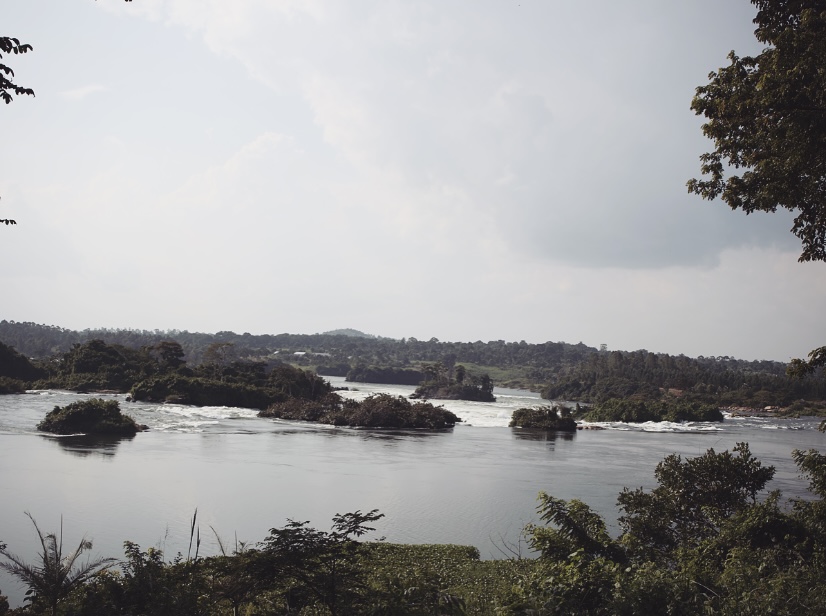
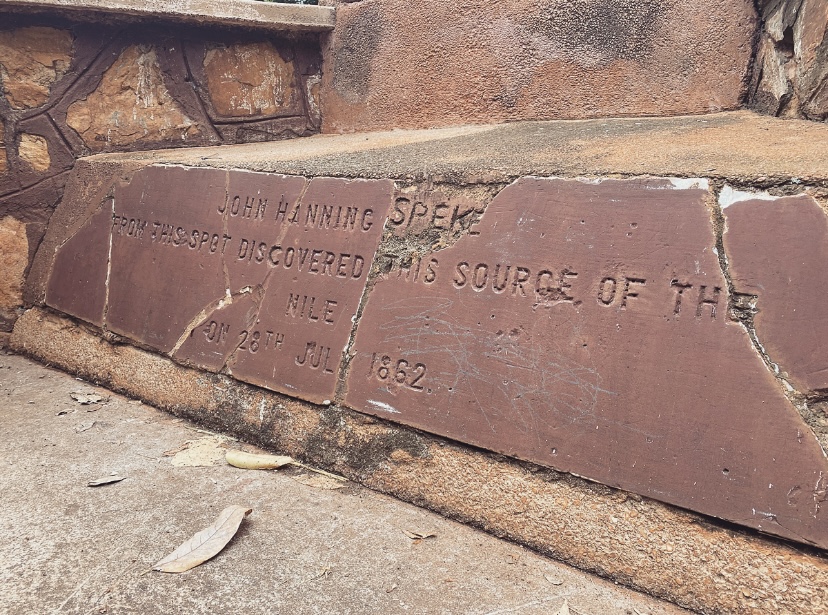
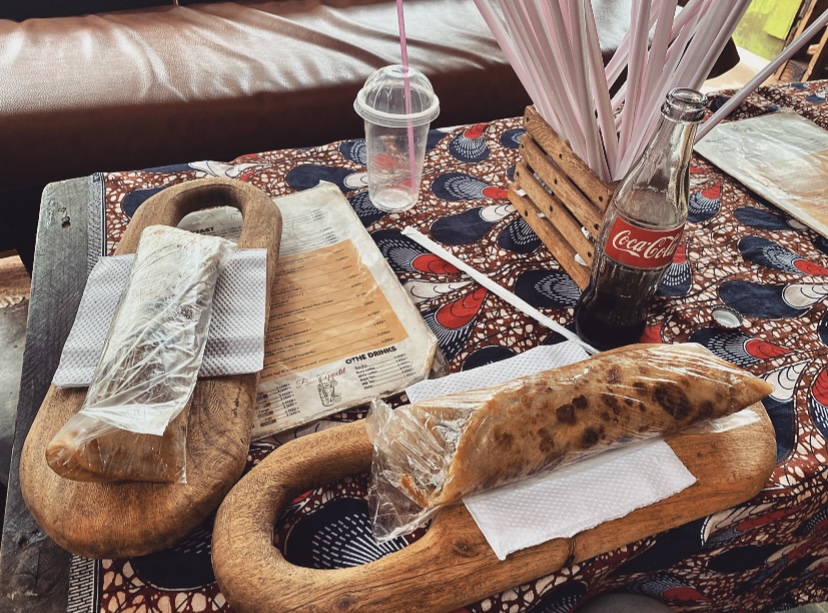
A bit downstream, we reached The Haven. For the most part, camping in Uganda is a more spartan affair than further south. Creature comforts like electricity, functioning and hot showers, firepits, wood and washing basins are generally not part of the deal. When you arrive at The Haven, where all of these are provided along with a fantastic view over the Nile, it suddenly feels like you checked into the Ritz! Here we watched the early-morning fishermen ply their trade, adventurous (read mad) whitewater rafters take on the Grade-5 rapids and sooty Vieillot’s Black Weavers weave their nests.
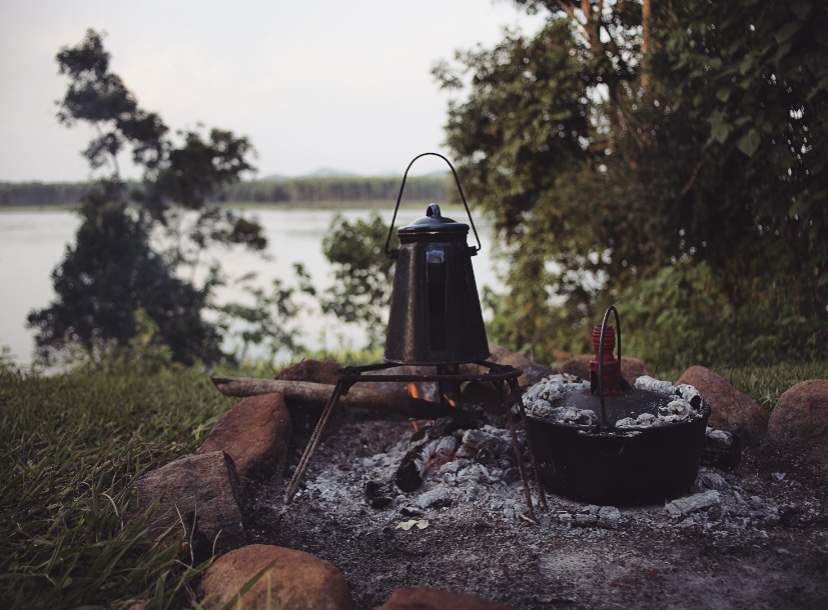
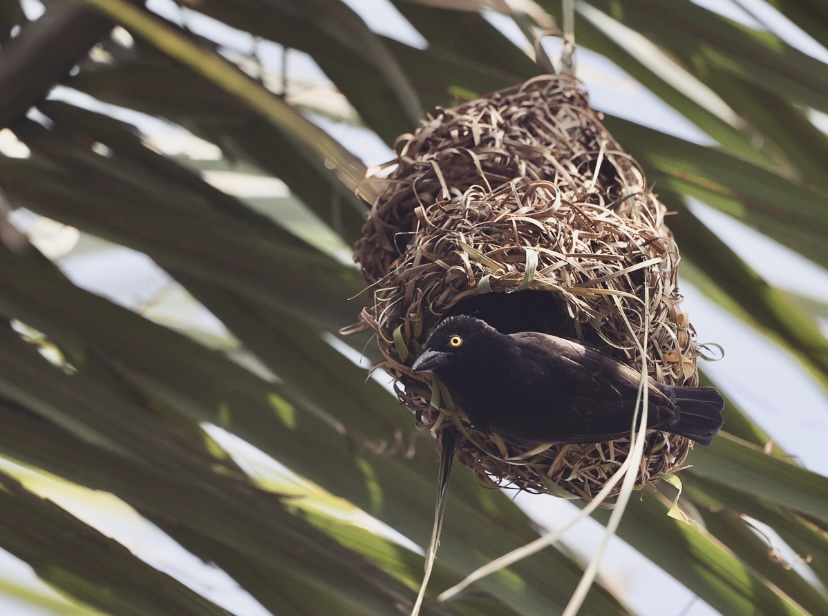

We drove further down the river to the Murchison Falls National Park. Uganda’s largest national park straddles both sides of the river and includes the world’s most powerful waterfall. Here the Nile squeezes through a gorge only 7 meters wide to create a misty spectacle and cauldron of ridiculously powerful undercurrents, reverse eddies and rapids. Thick riverine forest line the green valley below, the calls of rare Rock Pratincole flocks echo from rocky clefts and the early-morning surface of deep bays are broken by the swirls of enormous perch. Away from the river the park is equally special. We saw Ugandan kob, Jackson’s hartebeest, oribi and Northern Ground Hornbill, and hippos grazed next to our tent at night. The oil fields in the park and along the adjacent Lake Albert pose a major threat, and we can only hope that this piece of paradise will always remain protected.
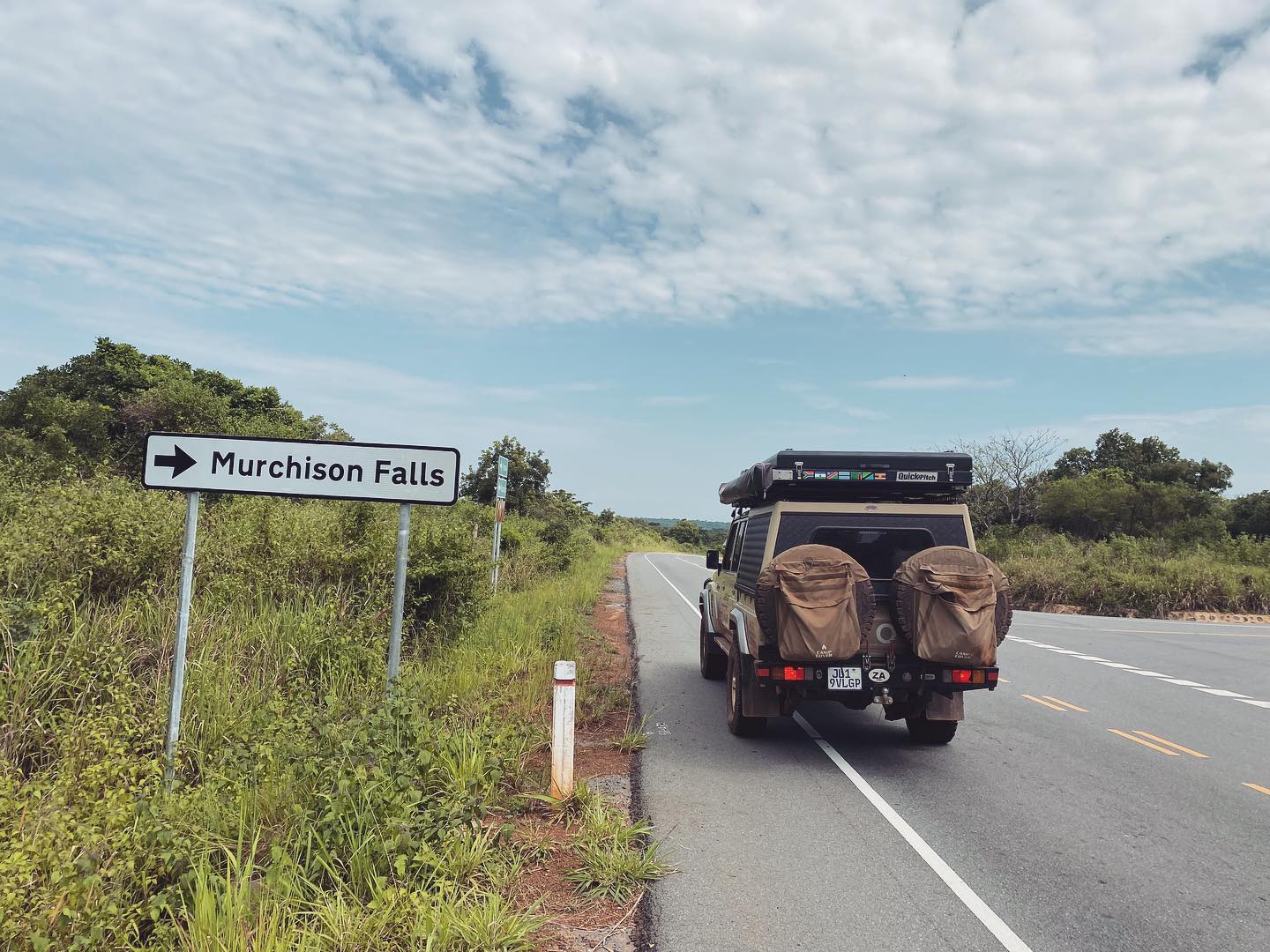
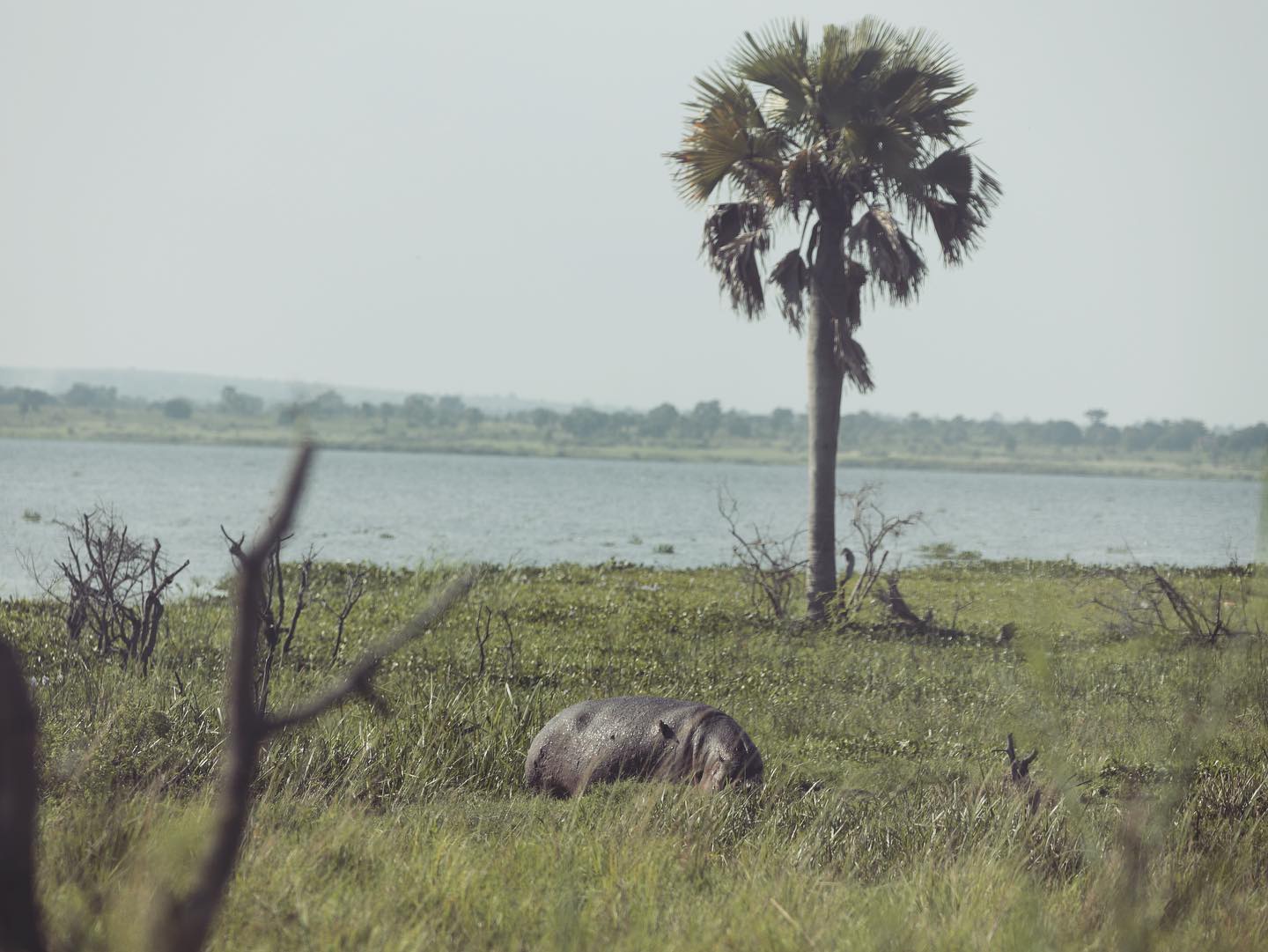
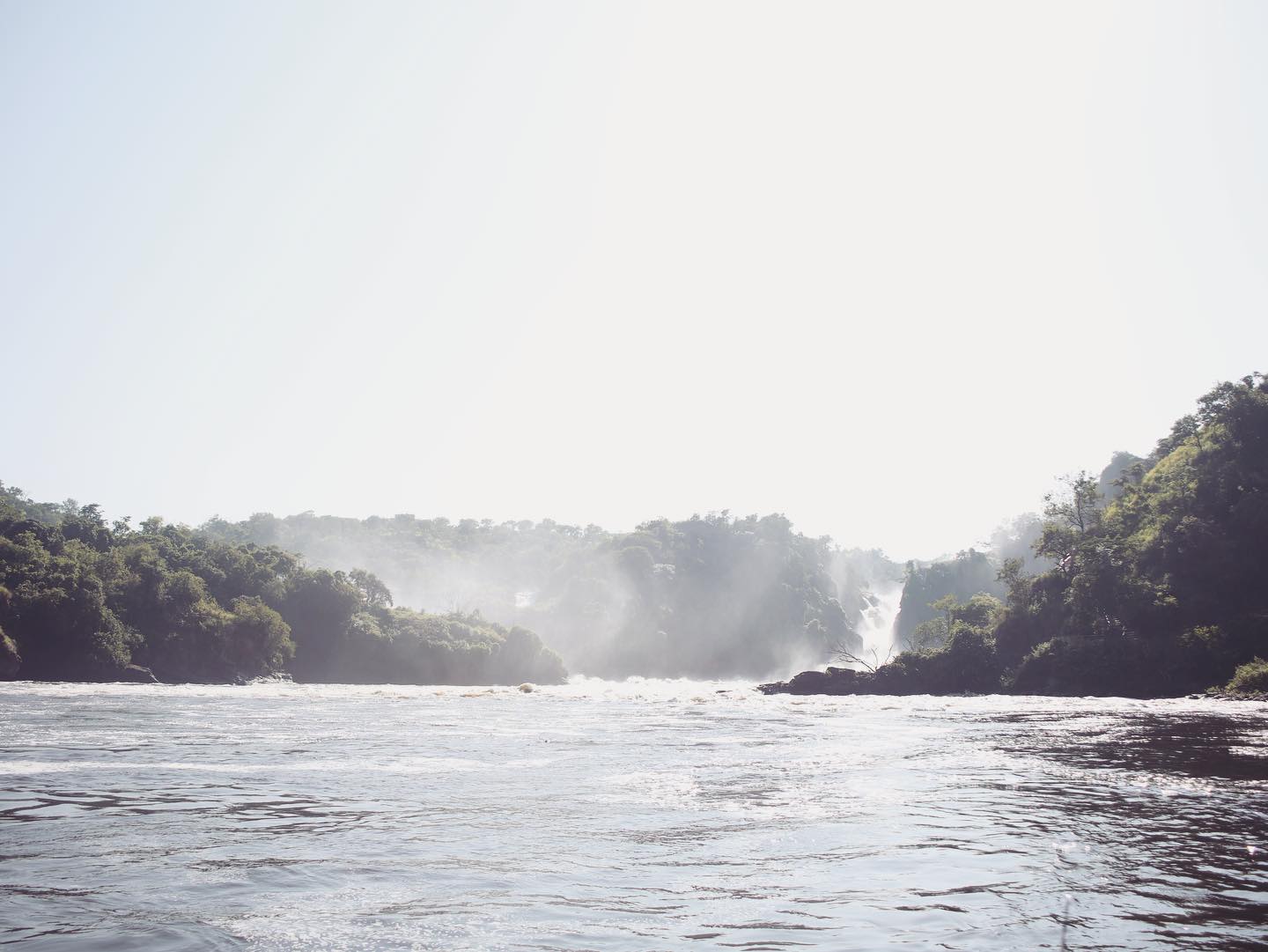
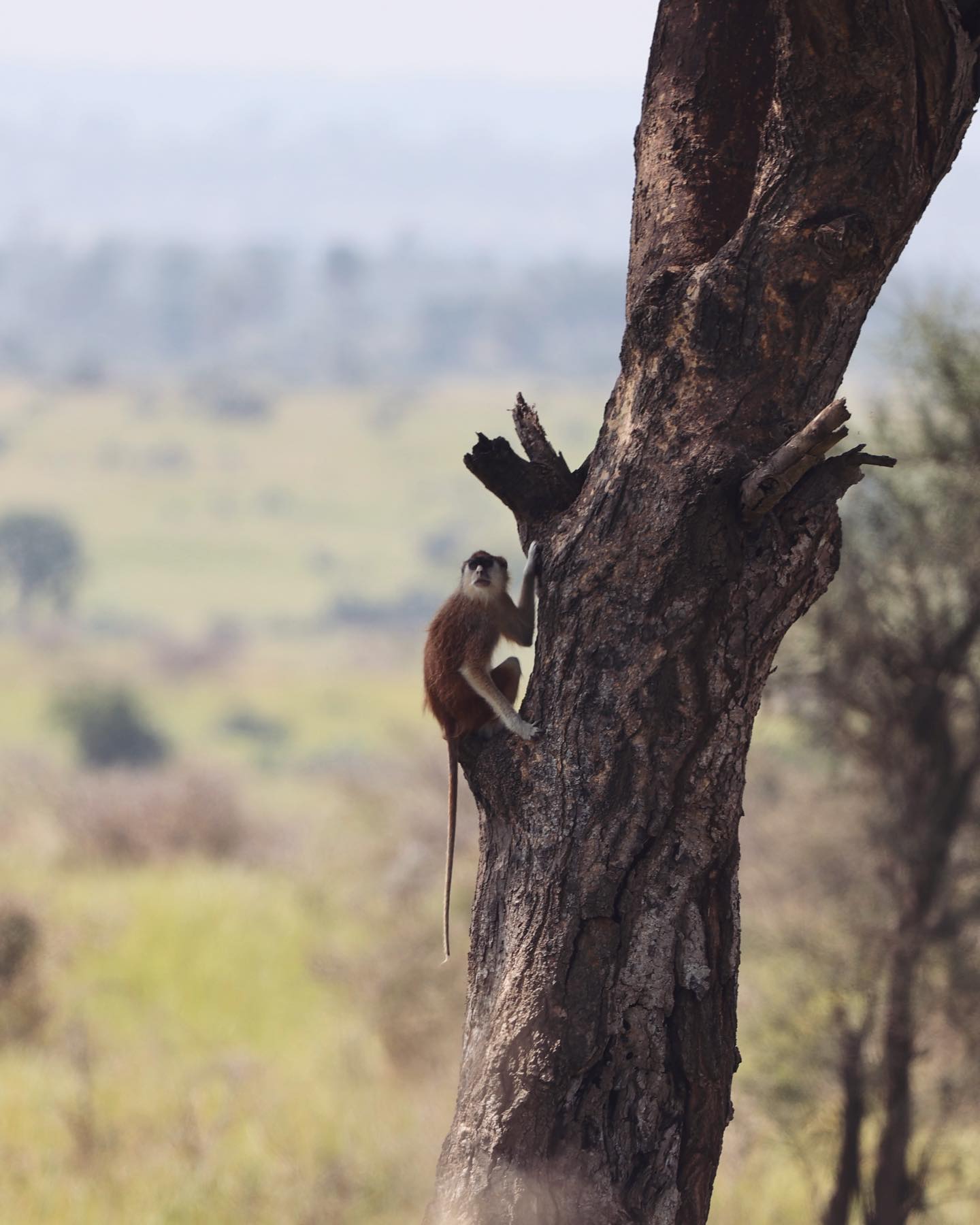
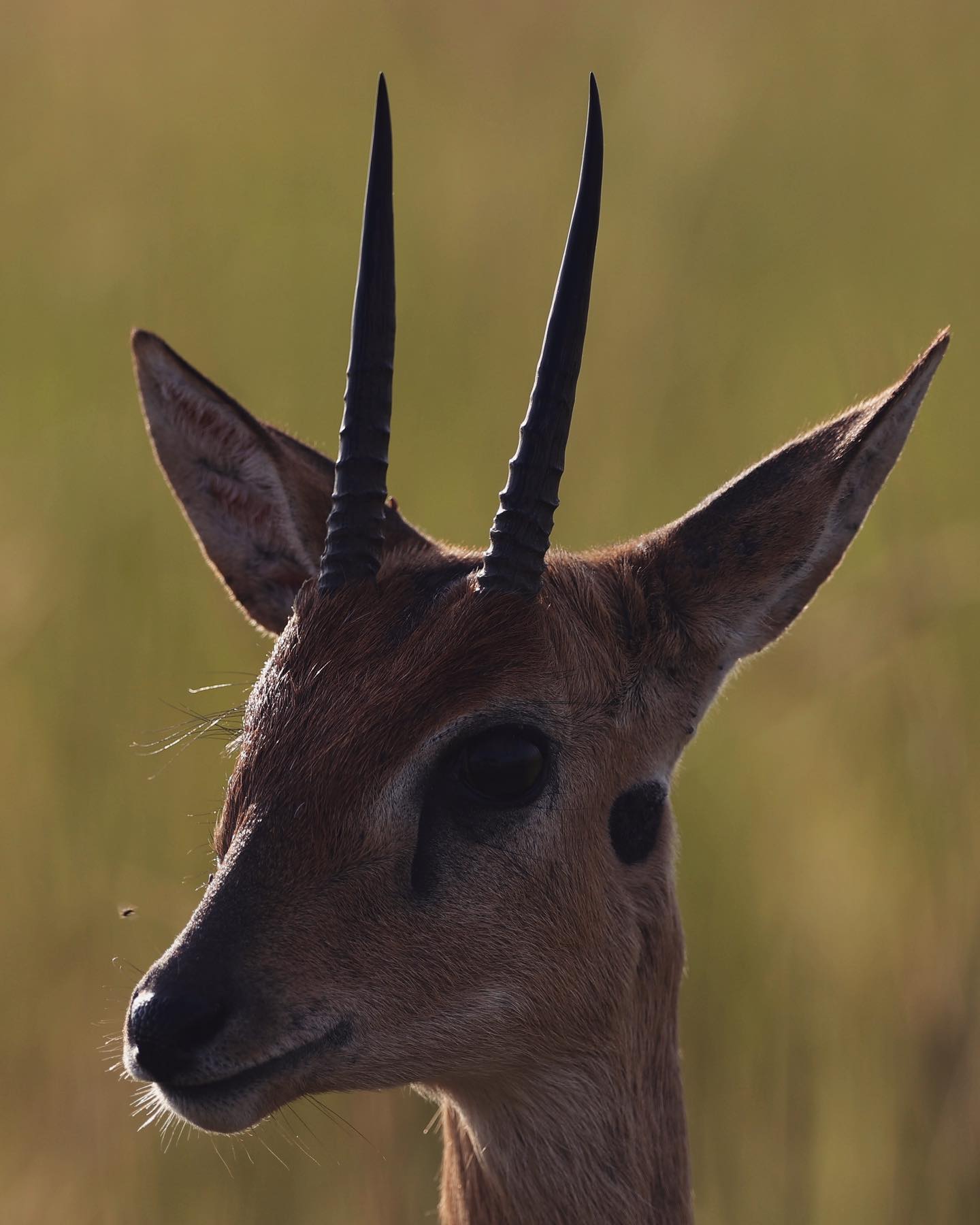
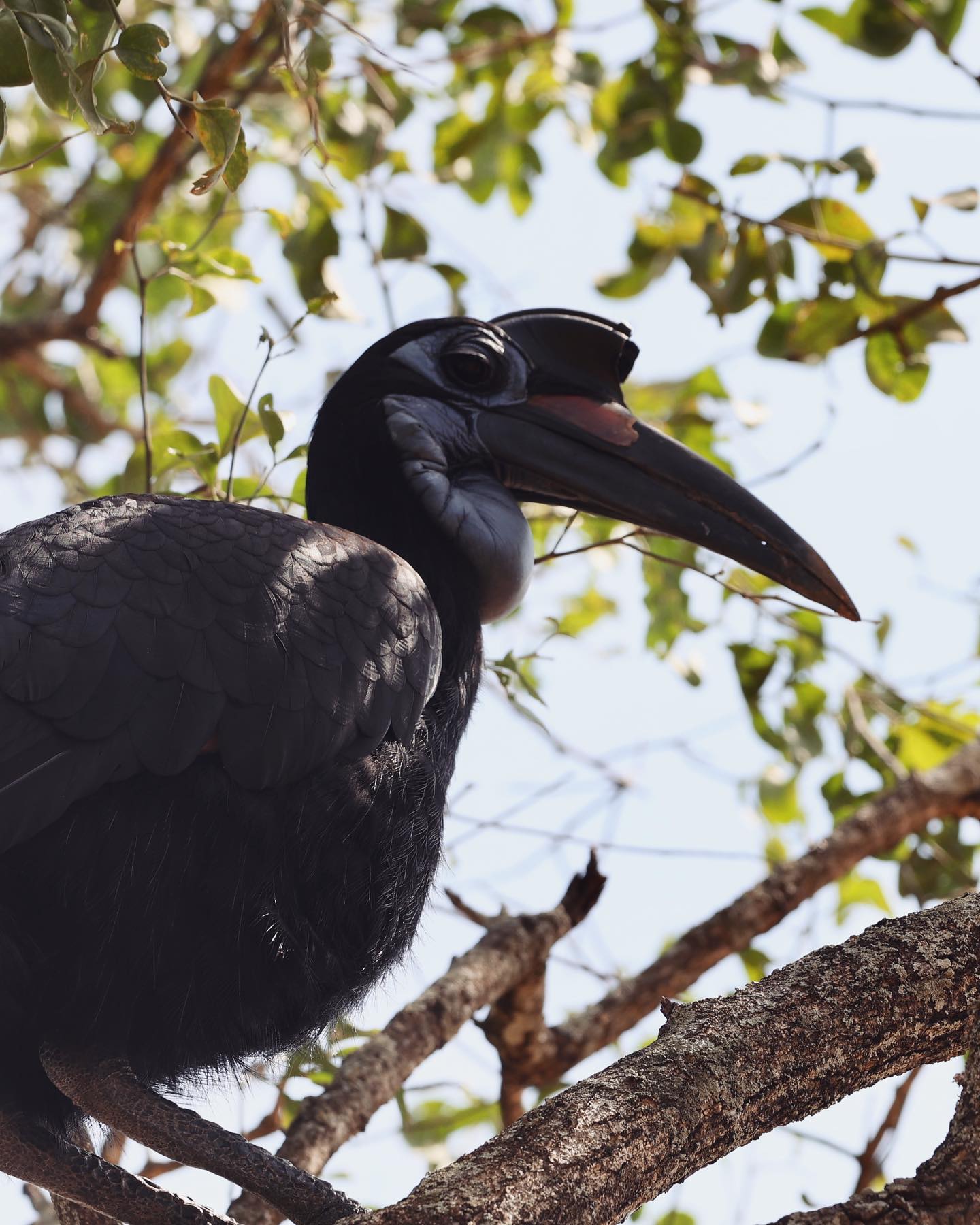
The Nile perch is an amazing African predatory fish that is on the bucket list of many fly anglers, including ours – and where better to try than along the Nile. They have bass-like bucket mouths, thick dorsal fin spines, and highly reflective eyes adapted for night-time hunting. Unfortunately, they are also very tasty and can grow to massive sizes so they are under threat of overfishing throughout their range in Africa. Blank exploration sessions followed. If you thought the local mockery of a Muzungu tourist travelling in rural Africa is intense, try fly-casting a bunch of feathers tied to a hook among local hand-line and gillnet fishermen…
Each of us did manage to find a Nile perch on fly in the end. One on the upper Nile at night (trying to resist the urge to scan for crocodile eyes too often) and one at the mighty falls in the wildest, most turbulent waters we have ever come across. Neither were any record breakers, but we will always remember the excitement of finally succeeding with our quest and briefly admiring these special creatures in their beautiful but very fragile habitat.
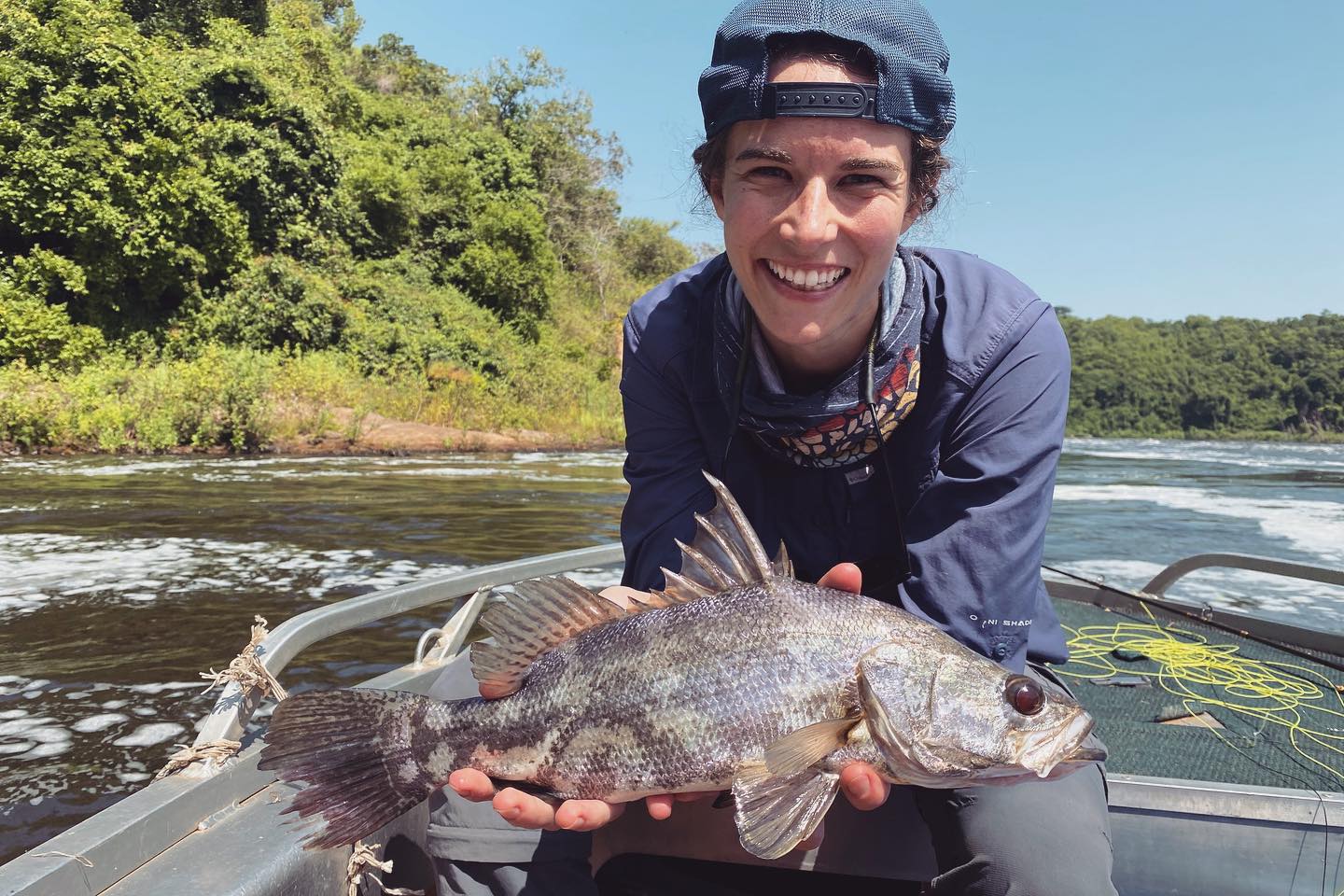
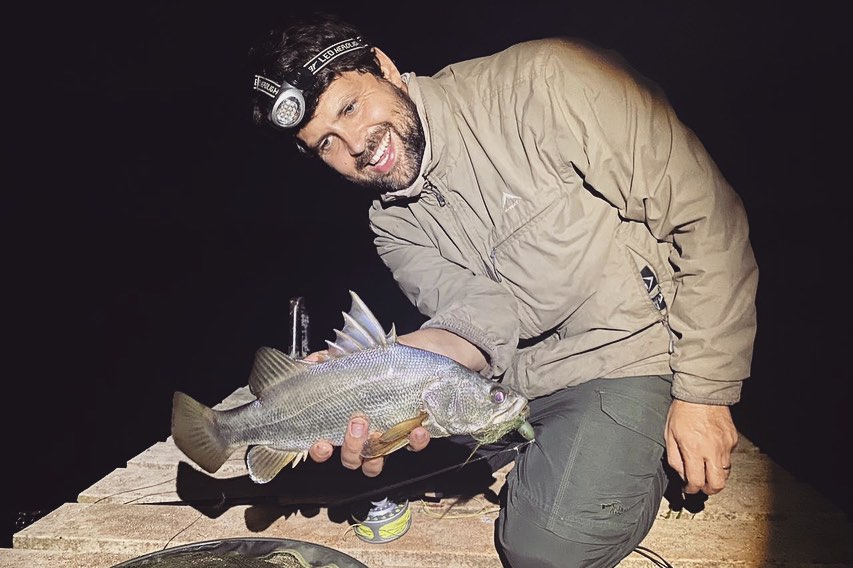
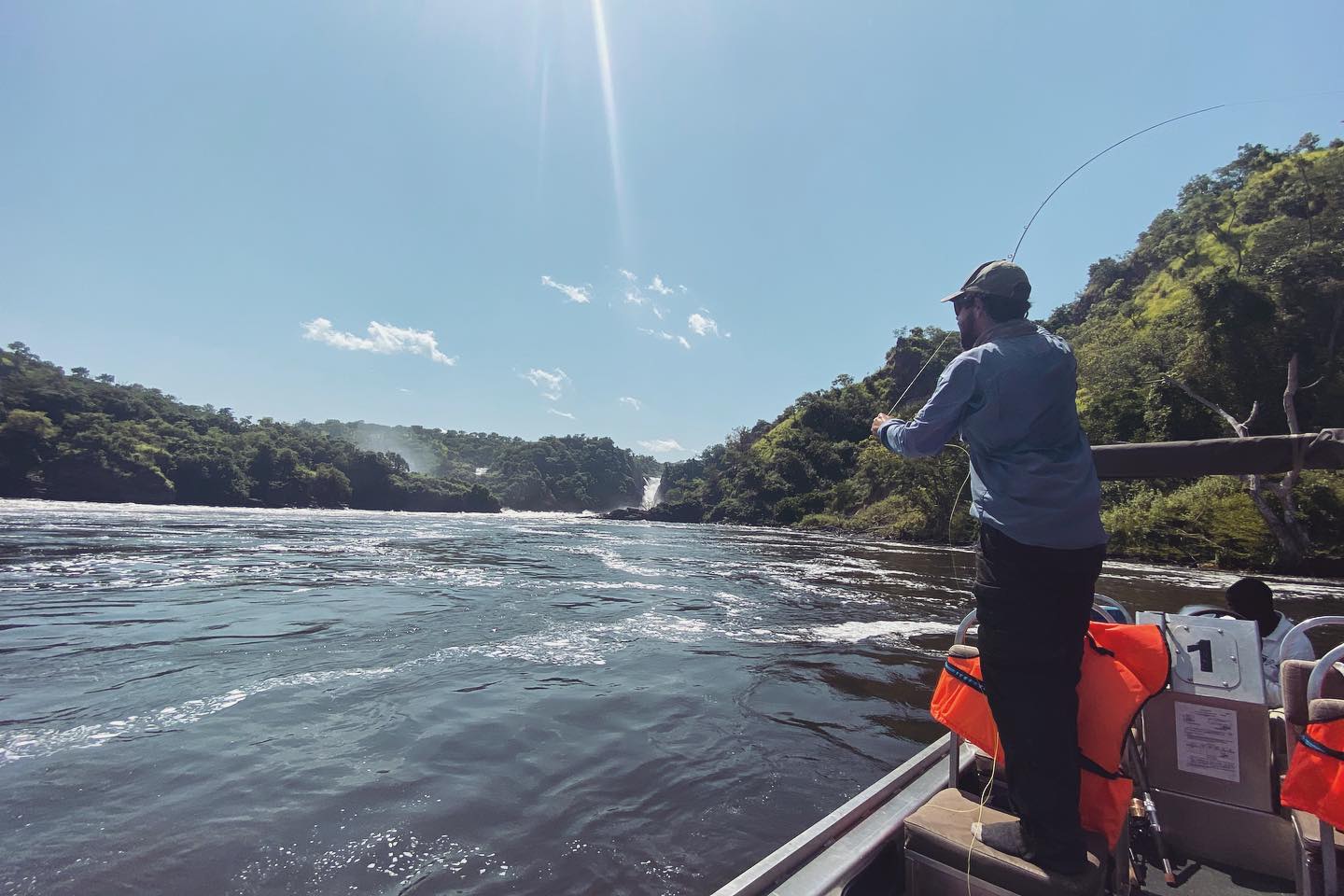
Outside Masindi you will find the Budongo forest, where a few wild chimpanzees still remain. They are protected by the community as it is not part of a national park and we contacted a local community guide named Deo to track them (no jokes – Deo was equally surprised when he met Deo). Habitat destruction is the number one threat to chimpanzees and the fields of sugar cane we walked through next to this shrinking forest are very real examples. After a few hours searching in pouring rain and a dripping forest, we glimpsed our very first wild chimps! It was an amazing once-in-a-lifetime experience to share a few moments with these intelligent and endangered creatures. The community of adjacent farmers receive proceeds from the chimp tracking income, so there is initiative to keep protecting them.
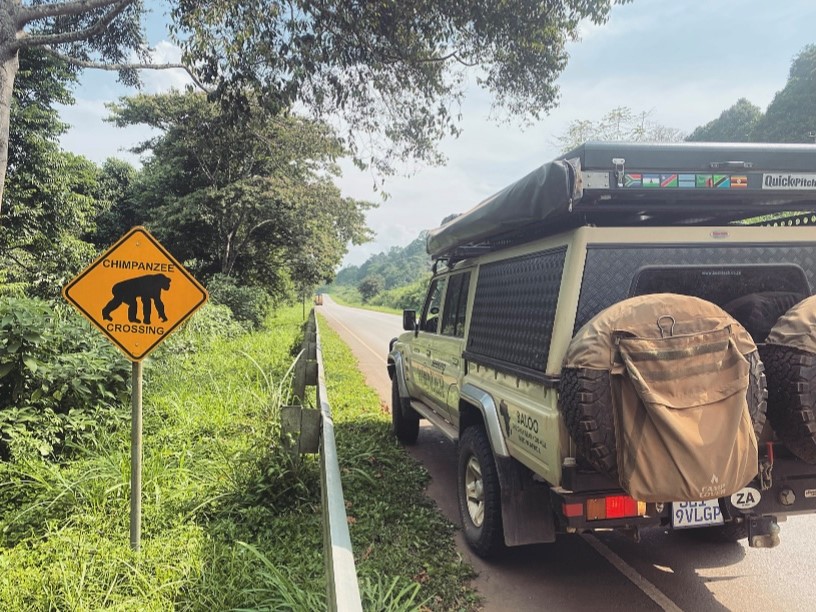
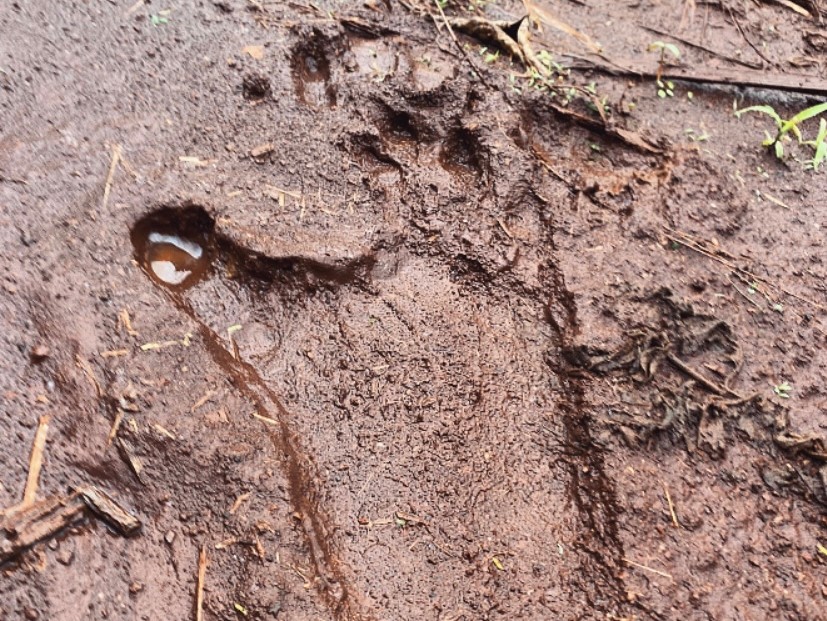
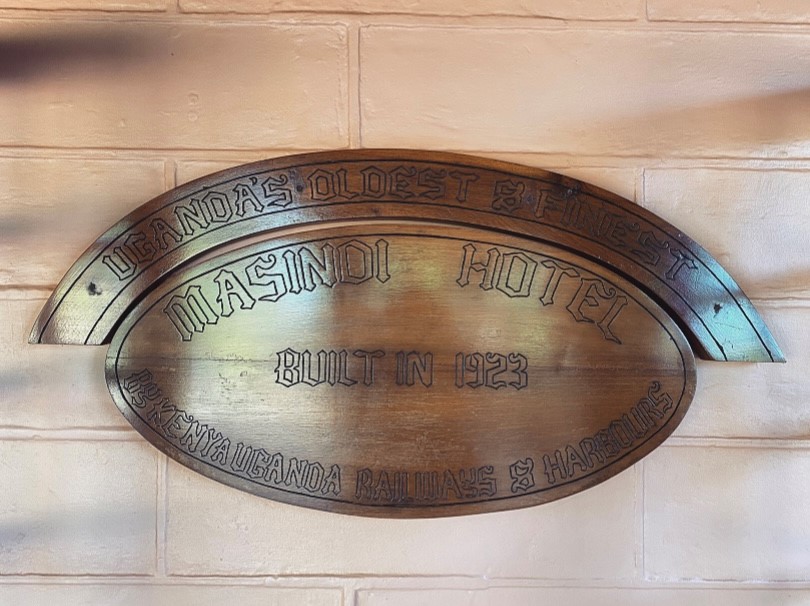
Ancient Egyptians believed that the human body worked in a similar way to the Nile. The Nile Theory was based on how the river Nile (or humans) had many channels that can become blocked or polluted and if they do, then that part of the river would die, along with everything and everyone depending on it for generations. When the river dies, so do the people. It is our hope that the Ugandan Nile system will remain intact for generations to give life to its host of amazing creatures and landscapes, and provide adventure to those willing to explore.
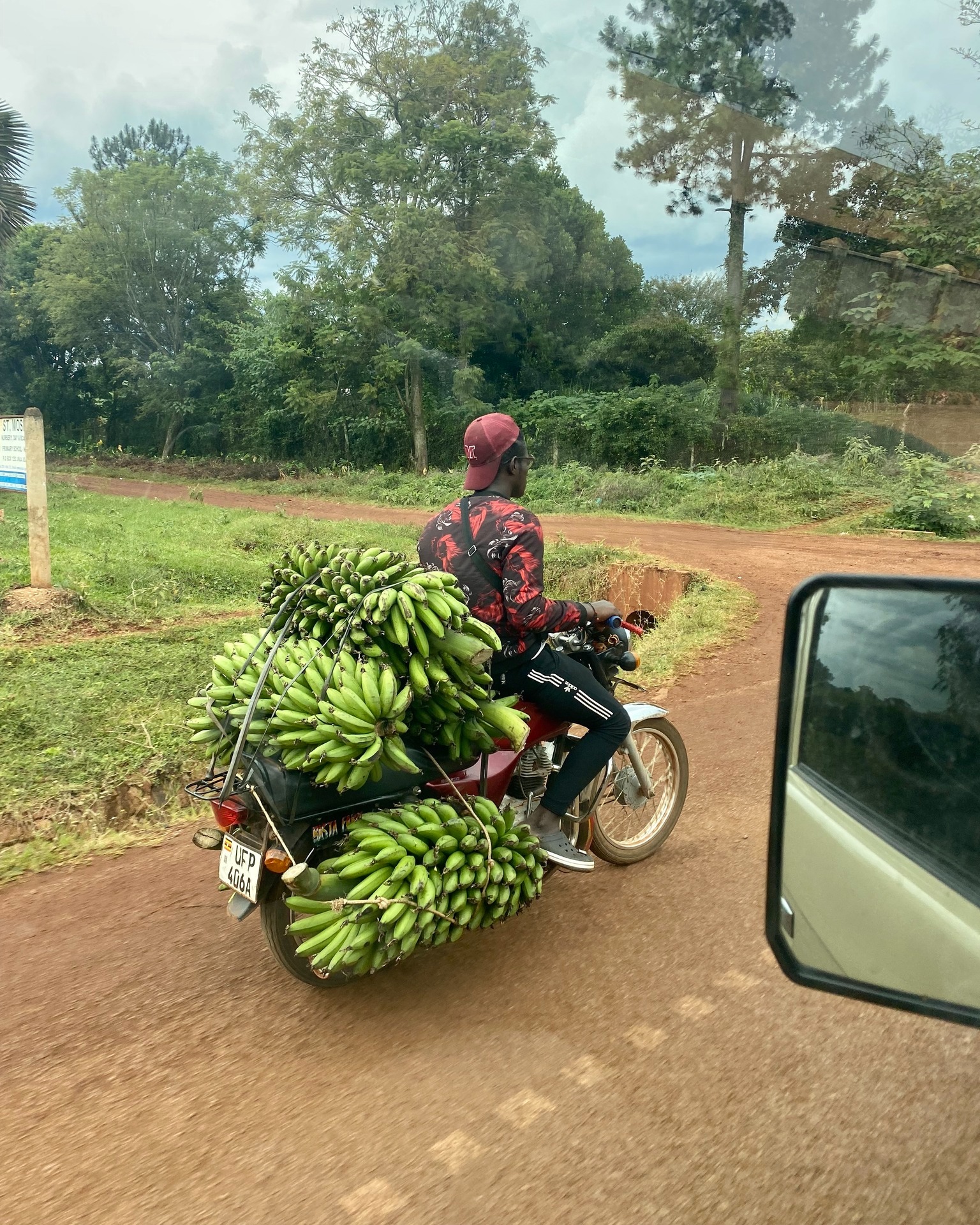
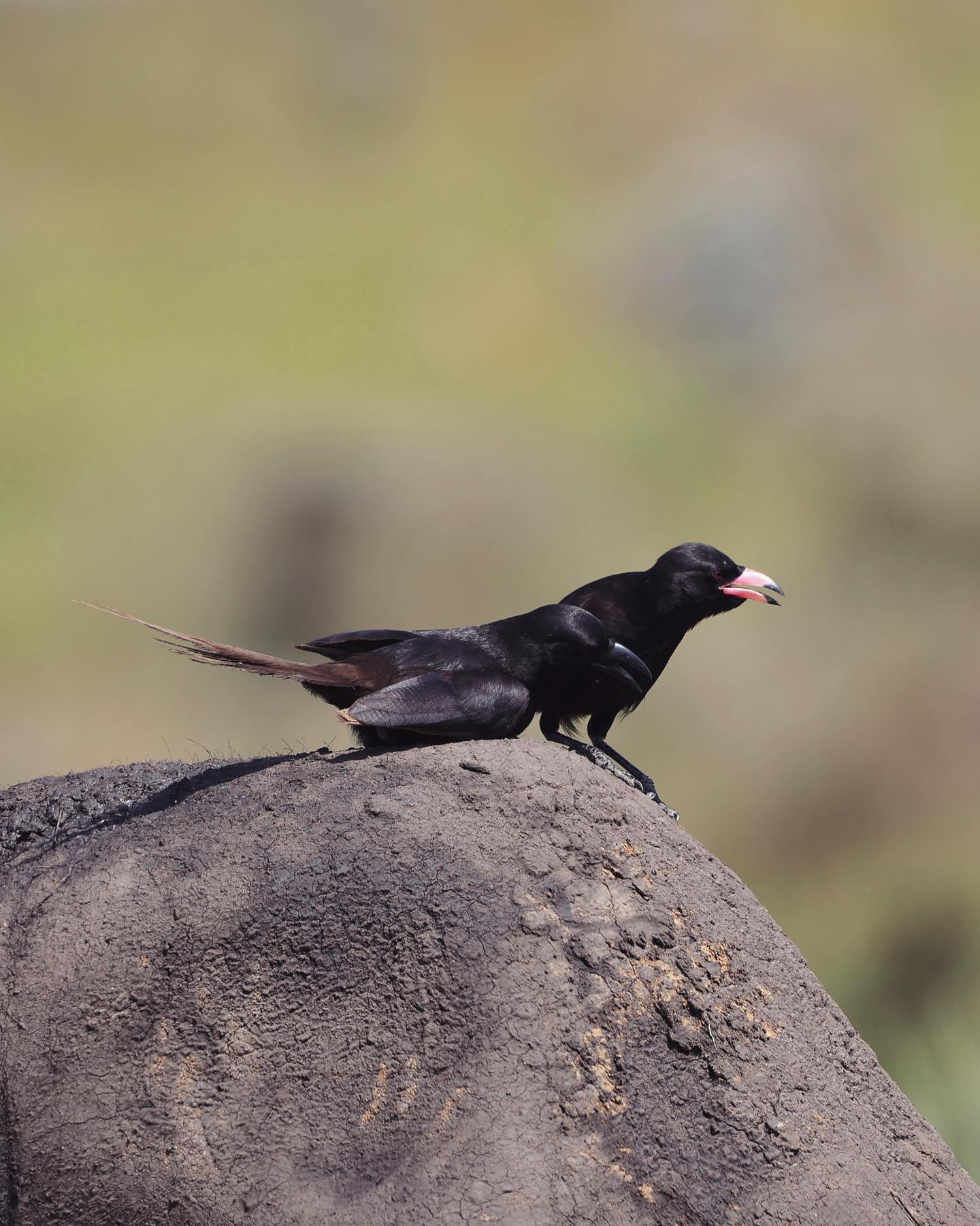
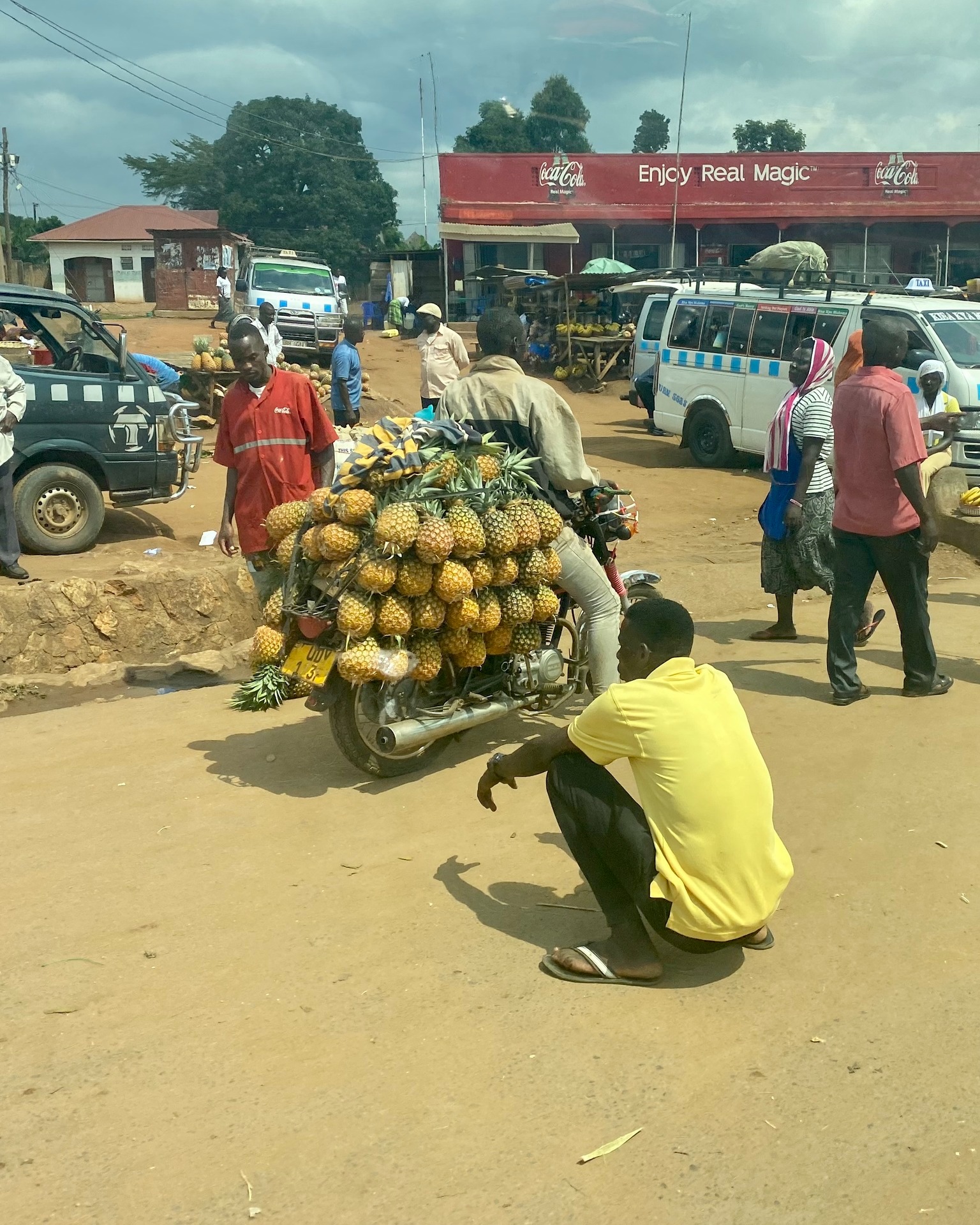
Some helpful trip tips:
- Jinja
- Avoid Kampala’s crazy traffic and take the Northern bypass to get to Jinja.
- Go see the source of the Nile and Speke monument from the Western bank of the river to avoid a costly boat trip.
- The very best Ugandan Rolexes can be found at The Rolex Joint in town – yum!
- There is a great Deli in town that has high quality meat, cheese, and even gelato ice cream if you want to spoil yourself.
- Chimpanzees
- Avoid the expensive national park chimp hikes by tracking them in the Budongo forest using a community guide – much more affordable and not widely advertised.
- Stay at the Masindi Hotel and ask them to arrange local community chimp tracking.
- Murchison Falls National Park
- The route from the South is tarred all the way and the most commonly-used. The route around the West along Lake Albert is also tarred up until the last 5km so is a good alternative.
- You cannot pass through the park without paying the vehicle and park fees, so time your entry and exit times and points well as UWA works on the 24-hour park principle.
- The most game rich area is North of the river, towards the delta.
- A boat or fishing trip to the falls is well worth it! 3-hour boat trips are affordable, and fishing trips less so. Wild Frontiers is the only company offering fishing trips to the falls – and their costs reflect this.
- If you only enter the park to fish, remember that UWA will charge you an expensive daily angling permit and park fee on top of the Wild Frontiers cost.
- DIY angling from the bank is still possible near the base of the falls and at the top, but the river level has risen significantly over the last 4 years, so accessibility is now very limited.
- Fly-fishing is best when the river is clear, with January and September being good months. It is hit-and-miss fishing in crazy turbulent water and your best bet is a 9-12 wt rod, ultra fast-sinking lines, and large GT-type or water-pushing flies.
- Campsites
- Jinja: The Haven offers great views, neat ablutions, fire pits and even power points – unheard of in Uganda!
- Masindi: Camp at the Masindi Hotel, the oldest in Uganda with a rich history of clients and a beautiful shaded campsite.
- Murchison Falls: The UWA campsite on the Northern bank of the Nile is cheap, rustic and beautiful. You will likely have hippos in camp at night for company. Affordable camping options outside the park are limited – we stayed at Yebo camp.
- Traffic police
- Ugandan police check points are mostly friendly and non-eventful, but be prepared for exceptions that will try and spoil your Ugandan adventure.
- Make sure all your paperwork is in order and never hand over an original document.
- Corrupt police will likely keep searching for a possible reason to ‘fine’ you, or invent a new rule of the road that you have broken if they cannot find something legitimate. Remain calm, friendly, apparently confused and very patient as this usually wears them out sooner or later. Remember, as long as they don’t have your original documents and you have done nothing wrong, you have the upper hand.

